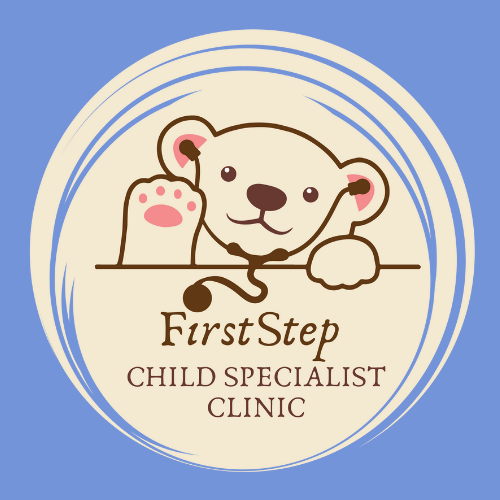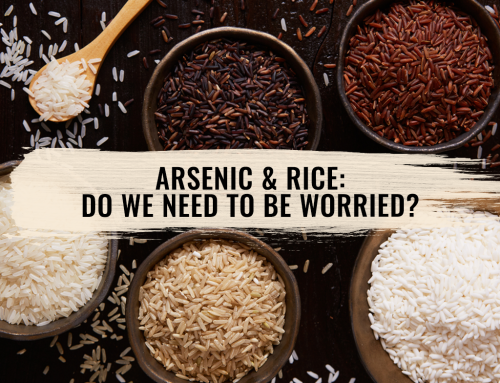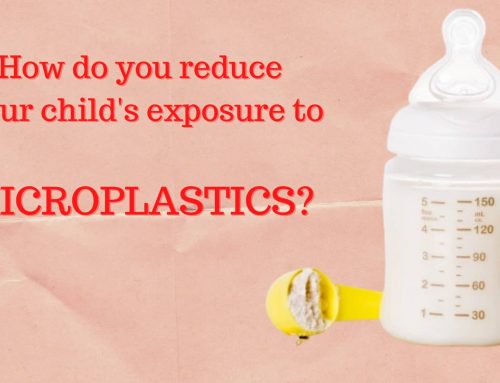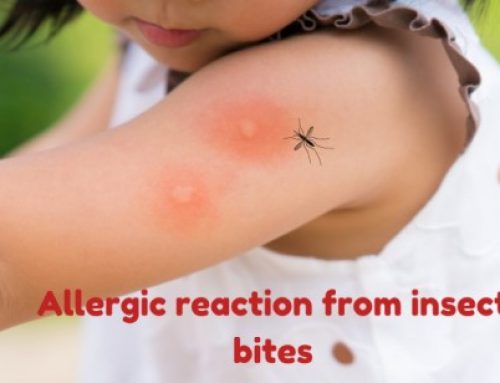Misconceptions about steroids
In my practice, whenever I mention the word “steroid,” I can practically see parents getting agitated and apprehensive. It is not surprising since everyone knows that steroid is bad for the body. In today’s topic, I hope to break some taboos concerning steroids.
What are steroids?
Steroids are anti-inflammatory medicines that are used to treat various illnesses. Inflammation is a process whereby the immune system releases chemicals in response to injury, infection, and toxins. Steroids should not be confused with anabolic steroids used illegally to boost muscle power.
Are steroids foreign to the body?
Steroids are human-made versions of hormones naturally produced by our body, specifically by the adrenal glands. Natural steroids (hormones) are needed in various bodily functions. However, when taken in higher doses than what is produced by the body, it reduces inflammation, thereby helps in conditions like eczema and asthma.
What are the types of steroids available?
Steroids come in many different preparations.
There are various other steroids available with different chemical names.
What are the adverse side effects of steroids?
The side effects of steroids depend on the type of steroids used.
Thankfully, these side effects are reversible once steroid usage is stopped.
Are steroids necessary?
The need for steroids would depend on the severity of the disease and overall condition following a doctor’s assessment. For example, Child A with infrequent asthmatic attacks would not need steroid inhalers compared to Child B with frequent wheezing, daily cough, or frequent breathlessness.
Are “natural” products truly free from steroids?
Barely 3 years ago, an “all-natural” baby skin cream was found to contain a potent steroid in Canada. The labeled ingredients include shea butter, argan oil, aloe vera, and claimed to be “steroid-free.” A similar incident also occurred in the UK where parents were not aware that certain baby skin products were contaminated with steroids. Hence be extra cautious when products give ‘miraculous’ or ‘too good to be true’ results or claims.
The key point that I wish to stress here is that steroids do not cause significant side effects when taken for short periods or at a low dose. However, anyone who is on steroids should be monitored by a doctor for early identification of its harmful side effects.
References:
1. Steroids www.nhs.uk
2. Herbal creams used for atopic eczema in Birmingham UK illegally contained potent corticosteroids Archives of Disease in Childhood BMJ Journals Volume 88, Issue 12
3. Recall of ‘natural’ cream for kids’ skin problems a cautionary tale for parents:MD https://nationalpost.com/…/health-canada-issues-warning…
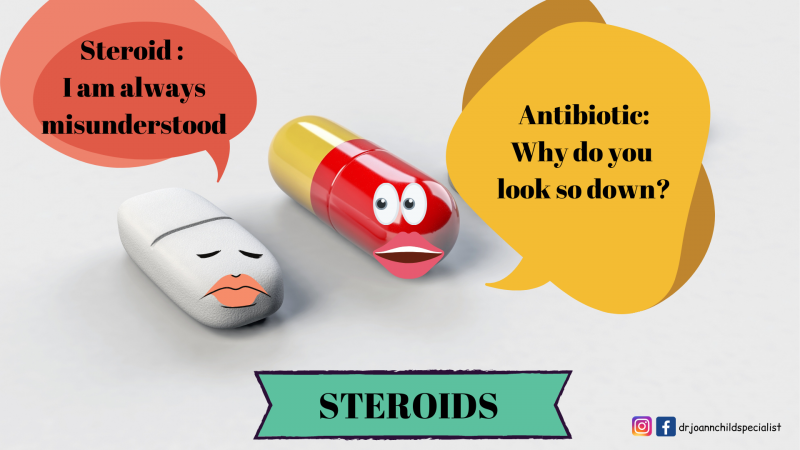
LEARN MORE
LEARN MORE
INTERESTED IN PARENTING ARTICLES?
We have the right articles just for you.
“There is no such thing as a perfect parent. So just be a real one.” – Sue Atkins
